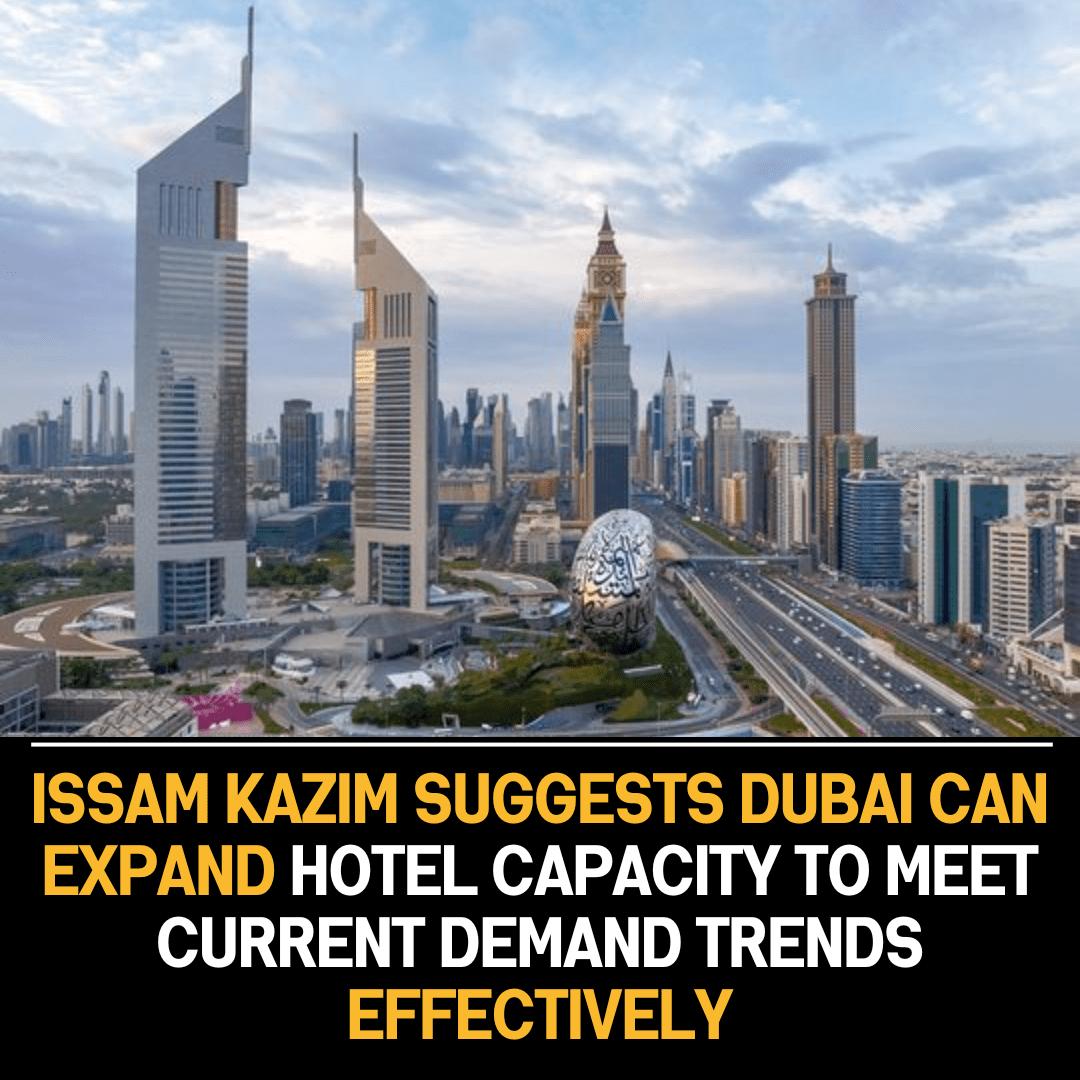Issam Kazim, the CEO of Dubai Corporation for Tourism and Commerce Marketing (DCTCM), has put forth a compelling argument regarding Dubai’s hospitality sector, suggesting that the current demand trends indicate a ripe opportunity for the city to readily incorporate additional hotels to cater to the burgeoning influx of visitors.
Dubai’s tourism landscape has witnessed remarkable growth and diversification over the years, propelled by the city’s strategic investments in infrastructure, attractions, and promotional efforts. As a result, Dubai has emerged as a leading global destination for leisure, business, and luxury travel, attracting millions of visitors from around the world annually.
One of the key drivers of Dubai’s tourism success is its ability to continuously adapt and expand its hospitality offerings to meet evolving traveler preferences and demands. With a diverse array of accommodations ranging from luxury resorts to budget-friendly hotels, Dubai has positioned itself as a destination that caters to the needs and preferences of a wide spectrum of travelers.
Issam Kazim’s assertion regarding the ease of adding more hotels in Dubai stems from the city’s robust demand dynamics and favorable market conditions. Despite the challenges posed by the global pandemic, Dubai has demonstrated resilience in its tourism sector, rebounding swiftly and effectively adapting to changing circumstances.
The city’s strategic location, world-class infrastructure, and reputation for safety and hospitality make it an attractive destination for both leisure and business travelers. Moreover, Dubai’s status as a major aviation hub further enhances its accessibility and connectivity, facilitating seamless travel experiences for visitors from diverse origins.
By leveraging data-driven insights and market analysis, Issam Kazim and the DCTCM are able to identify emerging trends and opportunities within the hospitality sector. This proactive approach enables Dubai to stay ahead of the curve and anticipate future demand, thereby facilitating strategic planning and investment in new hotel developments.
In conclusion, Issam Kazim’s suggestion regarding the ease of adding more hotels in Dubai underscores the city’s resilience, adaptability, and forward-thinking approach to tourism development. By capitalizing on current demand trends and leveraging Dubai’s inherent strengths, the city is well-positioned to accommodate the growing influx of visitors and maintain its status as a premier global destination for years to come.









